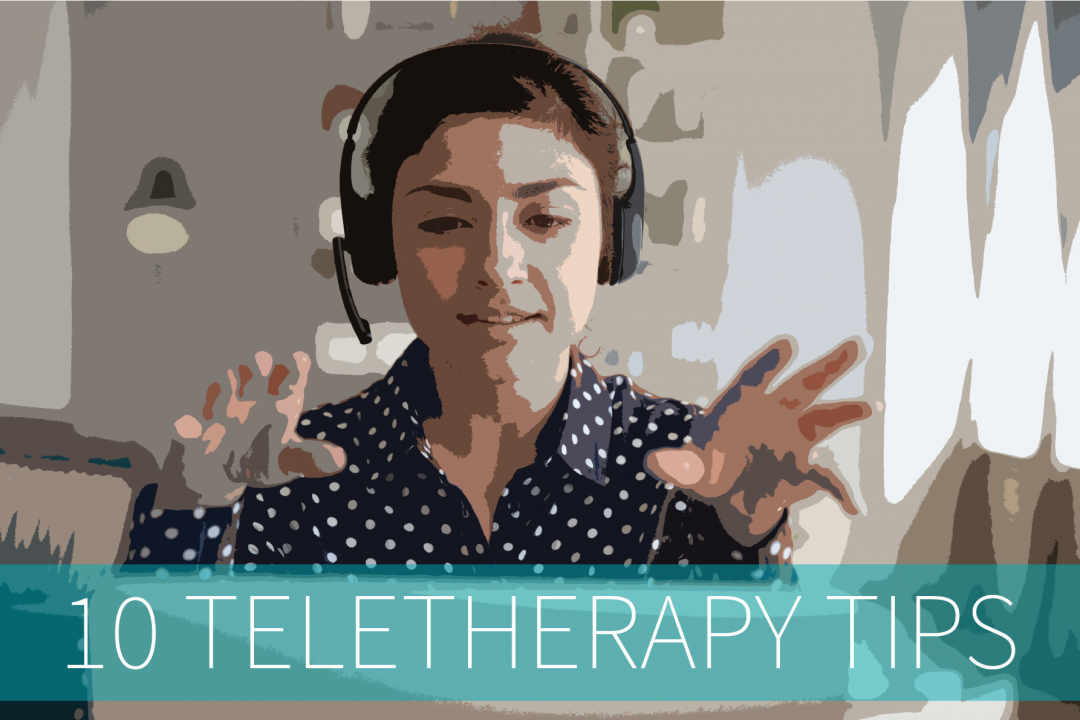The Brave New World of Therapy: Uncovering the Benefits of Online Therapy
Gone are the days when seeking mental health support meant sitting in a stuffy therapist’s office. In today’s fast-paced, digitally-driven world, online therapy has emerged as a popular and efficient way to address mental health concerns. So, what’s the fuss all about? Let’s dive into the fascinating world of online therapy and explore the many benefits online therapy has to offer.
Top Reasons Why Online Therapy is a Game Changer
1. Accessibility at its Finest
One of the most significant #benefits of online therapy is its increased accessibility. No matter where you are or what your schedule looks like, online therapy is just a click away. This makes it an excellent option for:
- People living in remote areas
- Individuals with mobility challenges
- Busy professionals juggling work and family life
- Parents of young children who can’t easily step out for appointments
2. The Comfort of Your Own Home
There’s no place like home, and with online therapy, you can receive professional help from the cozy confines of your personal space. This can be especially helpful for people who feel anxious or self-conscious about visiting a therapist in person. Online therapy provides a sense of safety, allowing you to open up and share your thoughts and emotions more easily.
3. A Wallet-friendly Option
Compared to traditional therapy, online therapy can be a more cost-effective choice. Without the overhead expenses of maintaining a physical office, therapists can offer their services at lower rates. Additionally, you can save on transportation costs and avoid taking time off work for appointments.
4. An Array of Options
Online therapy platforms typically offer a wide range of licensed professionals with various specializations. This allows you to find the perfect fit for your needs, whether you’re dealing with depression, anxiety, relationship issues, or other mental health concerns.
Overcoming the Hurdles: How Online Therapy Tackles Common Therapy Challenges
1. Breaking the Stigma
Unfortunately, there’s still a lingering stigma around seeking mental health support. Online therapy offers a discreet alternative, enabling you to access help without the fear of being judged by others.
2. Ease of Scheduling
Scheduling appointments can be a breeze with online therapy. Most platforms provide convenient online booking options, allowing you to find a therapist whose availability matches yours. Plus, with the option of video, phone, or chat sessions, you can choose the format that works best for you.
3. Keeping the Connection Alive
While some may worry about the lack of in-person interaction, many online therapy users report feeling just as connected to their therapist as they would in a traditional setting. In fact, the convenience and comfort of online therapy can even enhance the therapeutic relationship.
Frequently Asked Questions About the Benefits of Online Therapy
Q: Is online therapy as effective as in-person therapy?
A: Numerous studies have shown that online therapy can be just as effective as in-person therapy for a wide range of mental health issues. Of course, individual preferences and needs vary, so it’s important to find the approach that works best for you.
Q: How can I ensure my privacy during online therapy sessions?
A: Reputable online therapy platforms prioritize your privacy and use encrypted communication methods to protect your information. Be sure to choose a platform that adheres to strict privacy guidelines and always use a secure internet connection.
Q: What should I look for when choosing an online therapist?
A: When selecting an online therapist, it’s essential to consider factors such as their qualifications, experience, and areas of specialization. Look for licensed professionals who have experience dealing with your specific concerns. Reading reviews and testimonials can also provide valuable insights into a therapist’s approach and effectiveness.
Q: Can online therapy be combined with traditional in-person therapy?
A: Absolutely! Many people find that a combination of online and in-person therapy offers the perfect balance of convenience and personal connection. Discussing your preferences and needs with your therapist can help you create a tailored plan that works best for you.
Embrace the Future of Mental Health Support
The benefits of online therapy are numerous and far-reaching, making it a fantastic option for those seeking mental health support in today’s modern world. With increased accessibility, cost-effectiveness, and the convenience of receiving therapy from the comfort of your own home, there’s never been a better time to explore the world of online therapy.
So, if you’re feeling overwhelmed, stressed, or simply need someone to talk to, don’t hesitate to reach out and experience the transformative power of online therapy. The future of mental health support is just a click away.
– www.therapytribe.com
Knowing the Limits: When Online Therapy May Not Be the Best Choice
While the benefits of online therapy are undeniable, it’s essential to recognize that it may not always be the perfect solution for everyone. Certain situations and conditions may require more specialized or in-person care. Here are a few instances where online therapy might not be the ideal choice:
1. Severe Mental Health Conditions
For individuals dealing with severe mental health conditions such as bipolar disorder, schizophrenia, or severe depression, online therapy might not be sufficient. These situations typically require more intensive care, including regular in-person sessions, medication management, and possibly even hospitalization.
2. Immediate Crisis Support
Online therapy is not suitable for those in immediate crisis or experiencing suicidal thoughts. In such cases, it’s crucial to seek immediate help from a crisis hotline, a mental health professional, or even your local emergency room.
3. Situations Requiring a Physical Examination or Assessment
Certain mental health concerns may necessitate a physical examination or in-person assessment by a professional. For example, if a therapist suspects a medical issue contributing to a patient’s mental health symptoms, they may recommend an in-person visit with a physician or psychiatrist for further evaluation.
4. Technological Limitations
Online therapy relies heavily on technology, and for some individuals, this can pose a challenge. Those with limited access to reliable internet, a suitable device, or the necessary technical skills may find online therapy difficult to navigate.
5. Personal Preference and Comfort Level
Finally, personal preferences and comfort levels play a significant role in determining whether online therapy is a good fit. Some individuals may feel more comfortable and connected during in-person sessions and may not find online therapy as effective for their needs.
Weighing the Pros and Cons: Making an Informed Decision
While online therapy offers numerous benefits, it’s crucial to consider your unique circumstances and needs when deciding whether it’s the right choice for you. If you’re unsure, consider discussing your options with a mental health professional who can guide you towards the most appropriate form of therapy for your situation.
In conclusion, while online therapy has revolutionized mental health care and made it more accessible and convenient for many, it’s essential to recognize its limitations and carefully consider whether it’s the best option for your individual needs. The key to successful therapy lies in finding the right approach that caters to your unique circumstances and provides the support you need to heal and grow.



